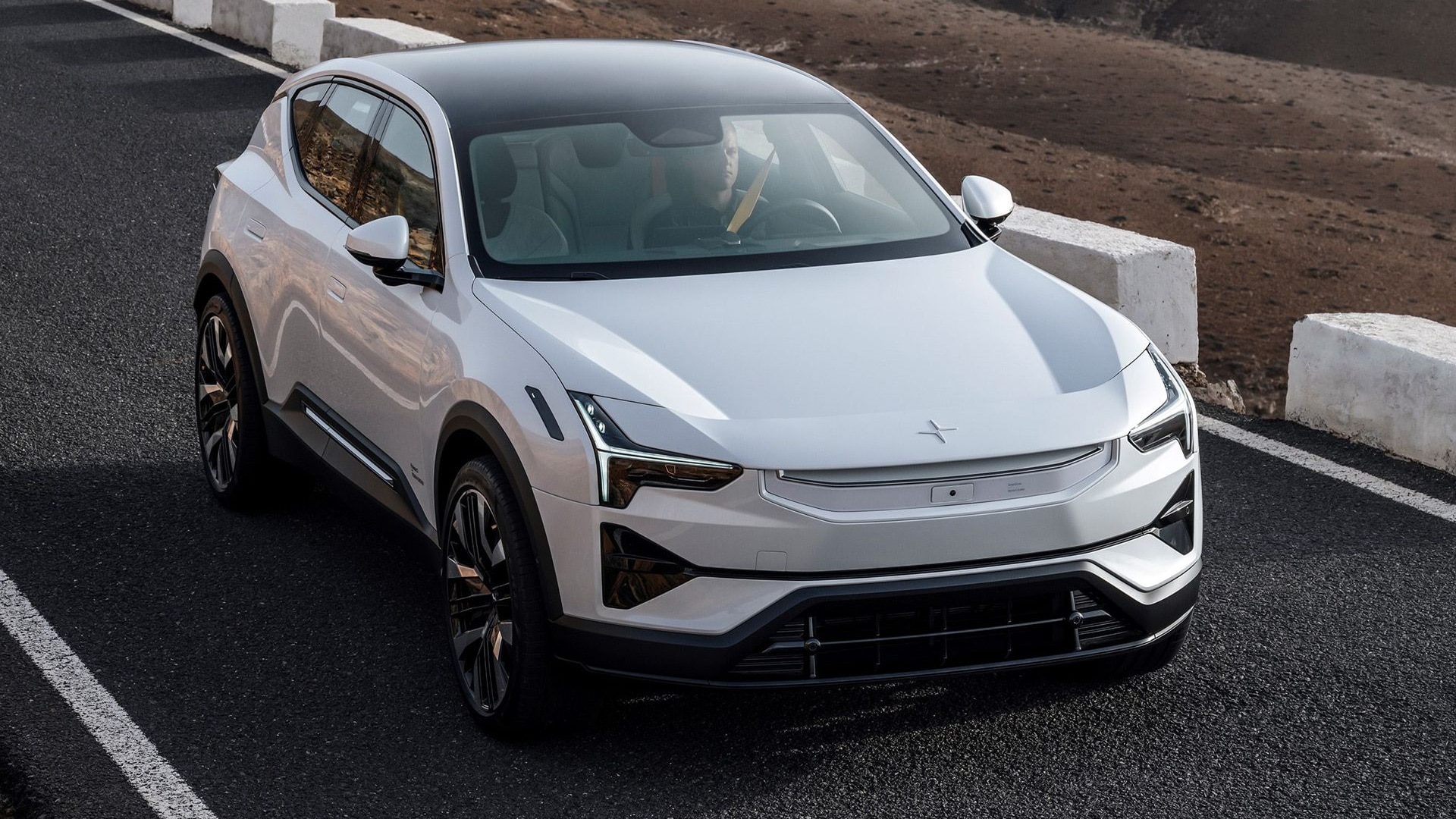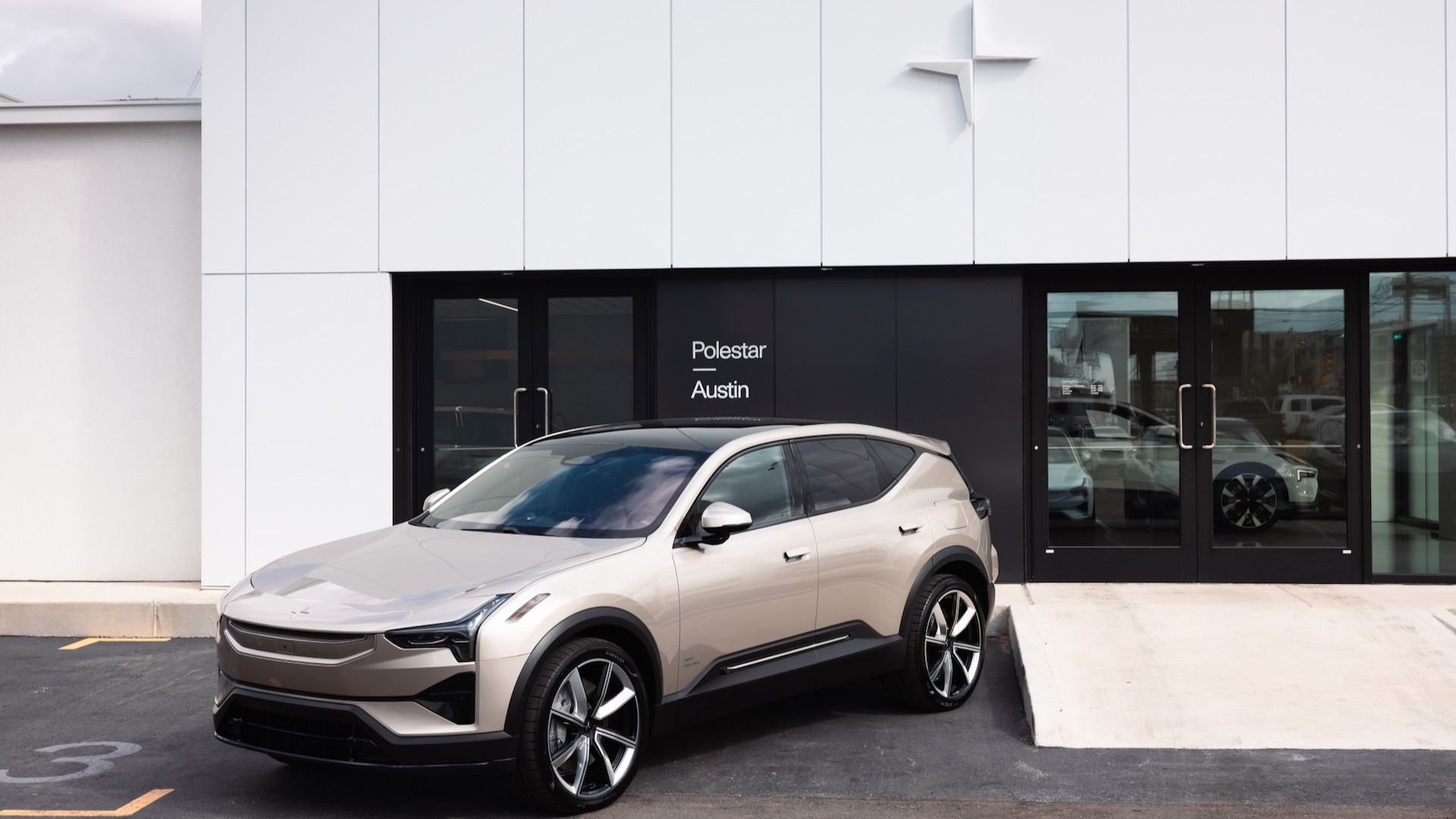Setting the residual value for any new vehicle is not an easy task. The residual value factors in many thing including depreciation, desirability, reliability, brand name and the list goes on and on.
However, a residual value is important for determining lease rates and for banks to decide whether or not they will offer financing for a particular vehicle. With new models, residual values can be nearly impossible to get right.
For new, unexplored technology vehicles such as the Nissan LEAF, the residual value may be impossible to determine ahead of time and for that particular reason, Nissan intends to finance all or at least almost all of the LEAF's sold in the first few years directly through their own finance division.
As Nissan's North American Product Planning Vice President Larry Dominique said, "We want to be able to control the residual value, we want to be able to control the end value, so at the end of a lease or loan we have the vehicles back and we can decide what to do with them."
Dominique goes on to note that many advanced technology vehicles don't have high resale values in their first few years mainly because consumers tend to be leery of the new technology. He points out that the first group of Priuses had a very low resale value when they first came to market, but as the technology was accepted, the Prius gained considerable resale value.
Certain agencies such as Automotive Lease Guide have a large impact on determining resale values and until they are convinced that a new technology is a hit, resale values will lag far behind other vehicles.
According to Dominique, it will take a little bit of time before banks and other lenders are convinced of the new battery technology and for that reason, Nissan will finance the first LEAF's to drive off the dealer lots.
Source: Wards Auto (Login required)












